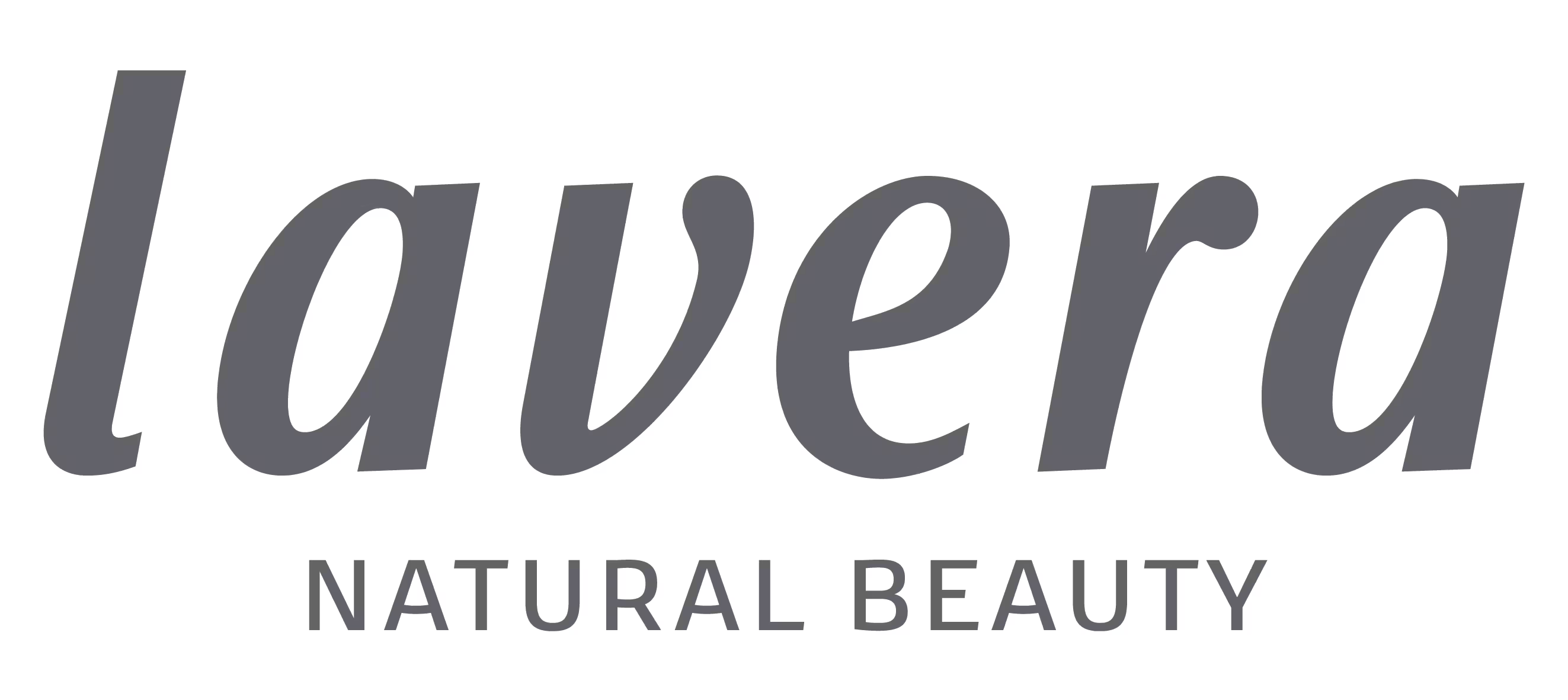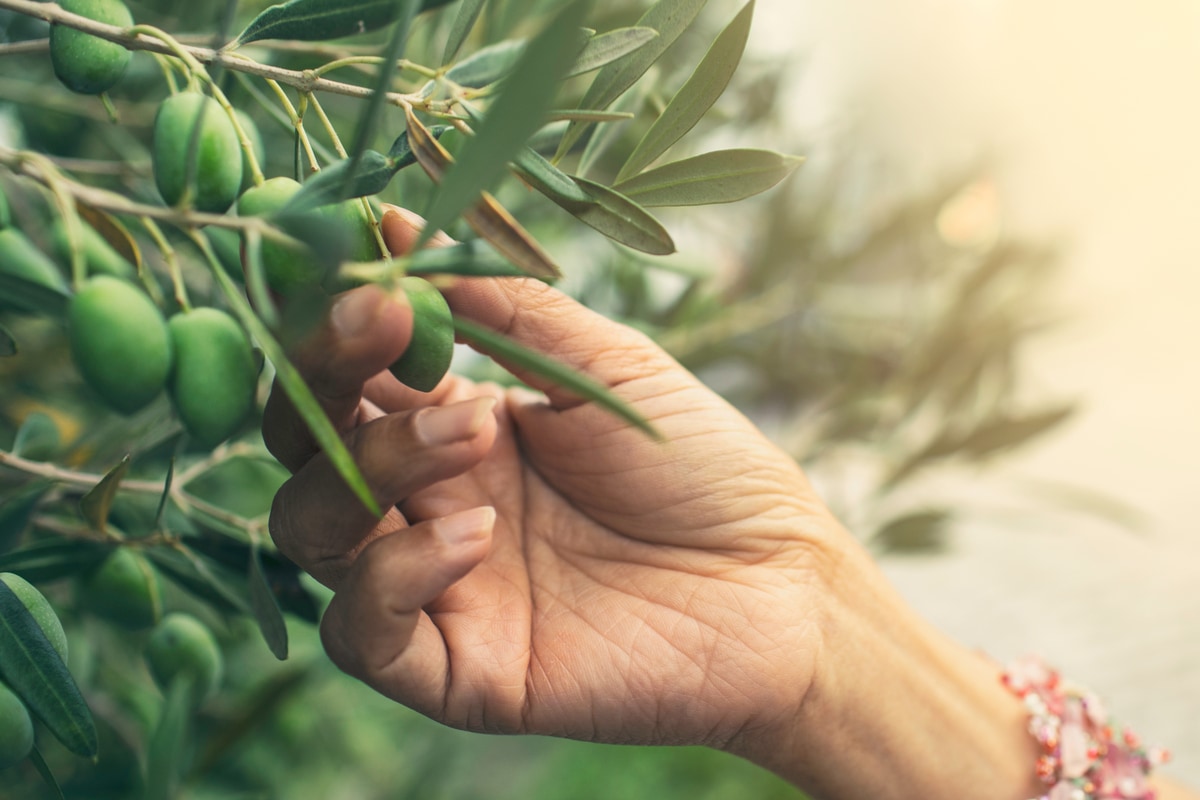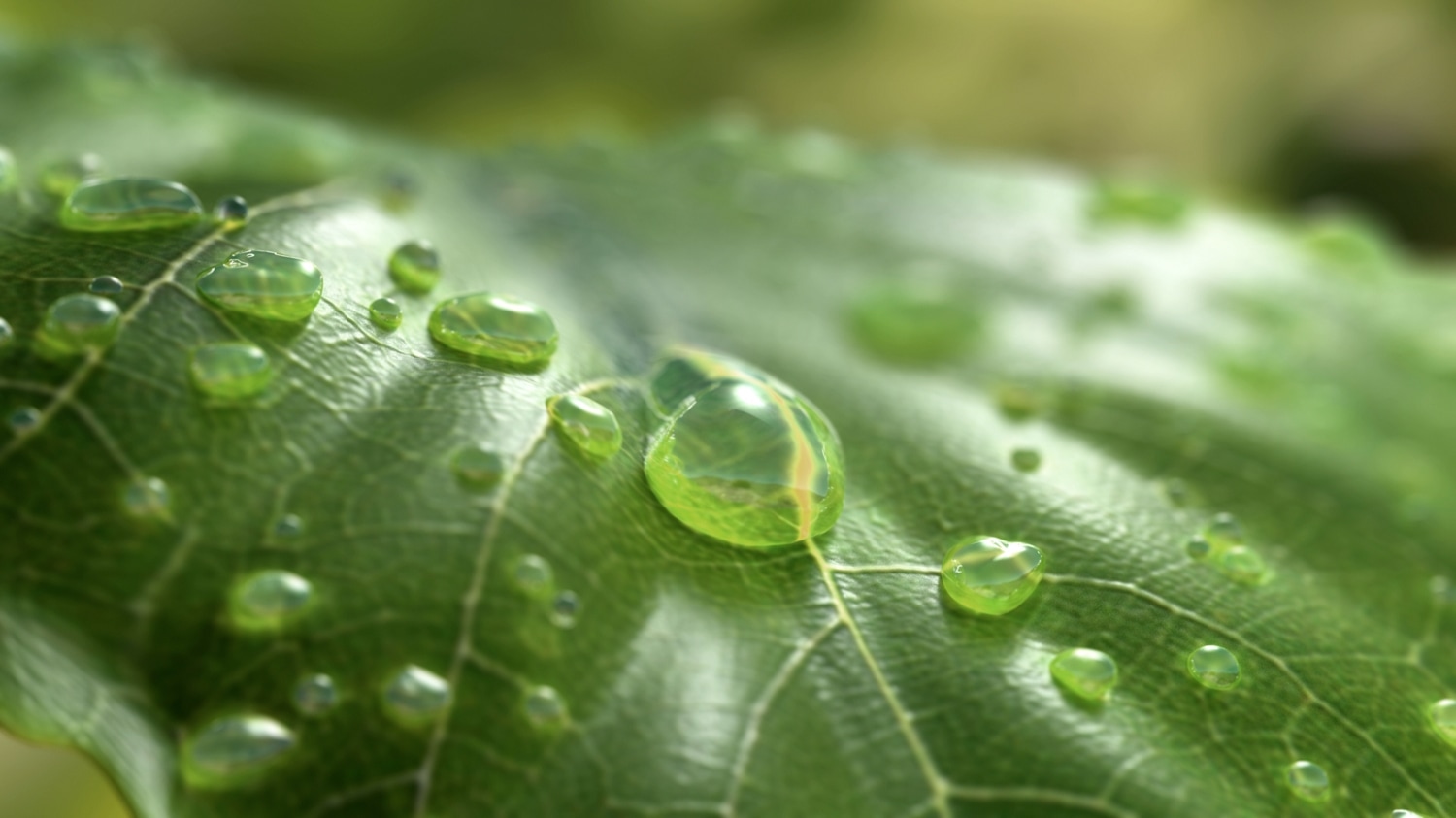
All for the good of the environment
It is our highest aim to protect the environment – our living space and the source for all that we do – in a sustainable and holistic way. Even in the way we derive our raw materials, we pay meticulous attention to the highest (organic) quality, sourcing locally wherever possible.
It is wonderful to receive recognition for all we have done in terms of sustainability. Especially when it comes from independent juries and institutions. Already since 2016, we have established a solid ranking among the Top 5 for the German Sustainability Award.
In 2020, we were also recognised for the fifth time in a row for our sustainable and ecological practices as a GREEN BRAND. Even abroad, lavera has won many coveted prizes for sustainable practices, such as "Victoire de la Beauté" in France or the "Free From Skin Award" in the UK.
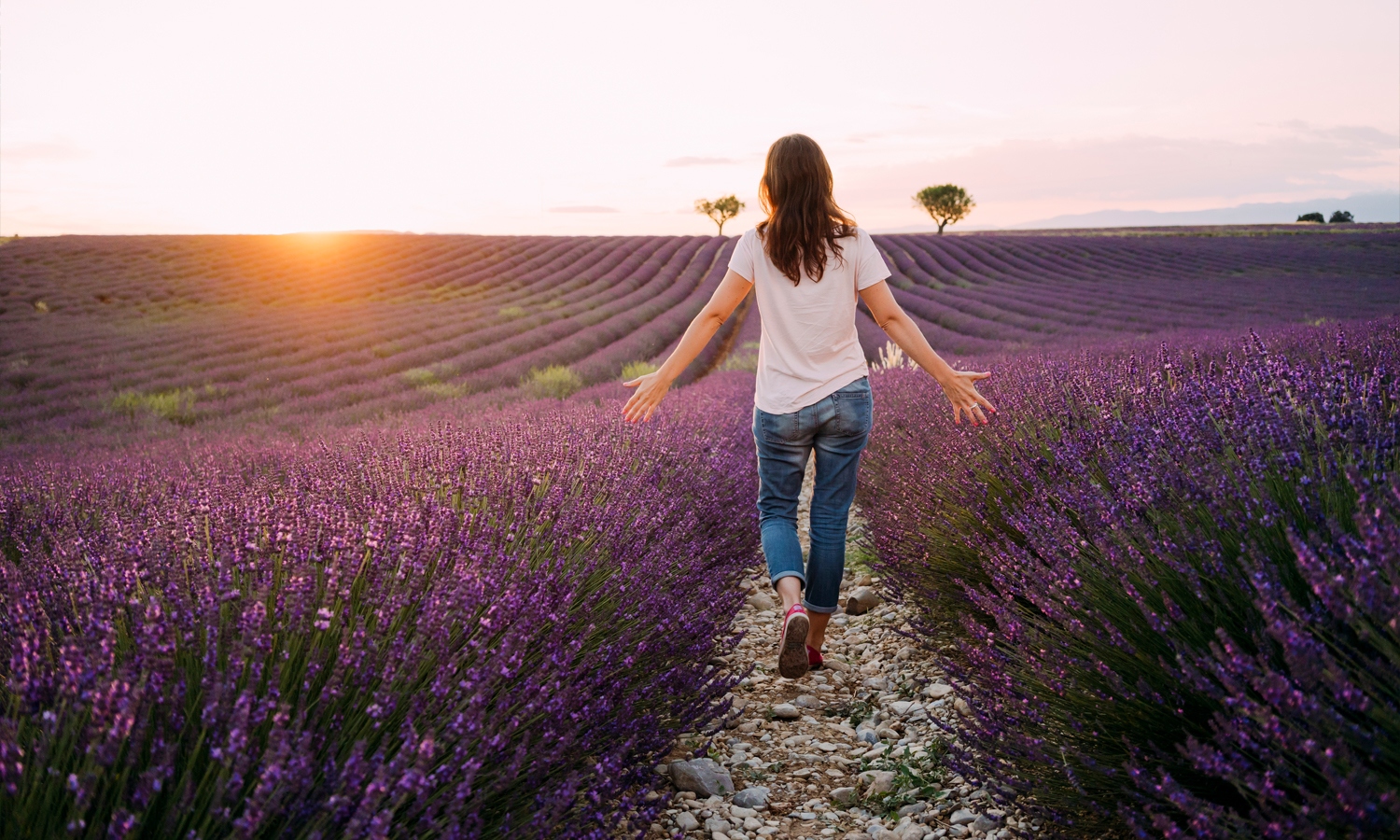
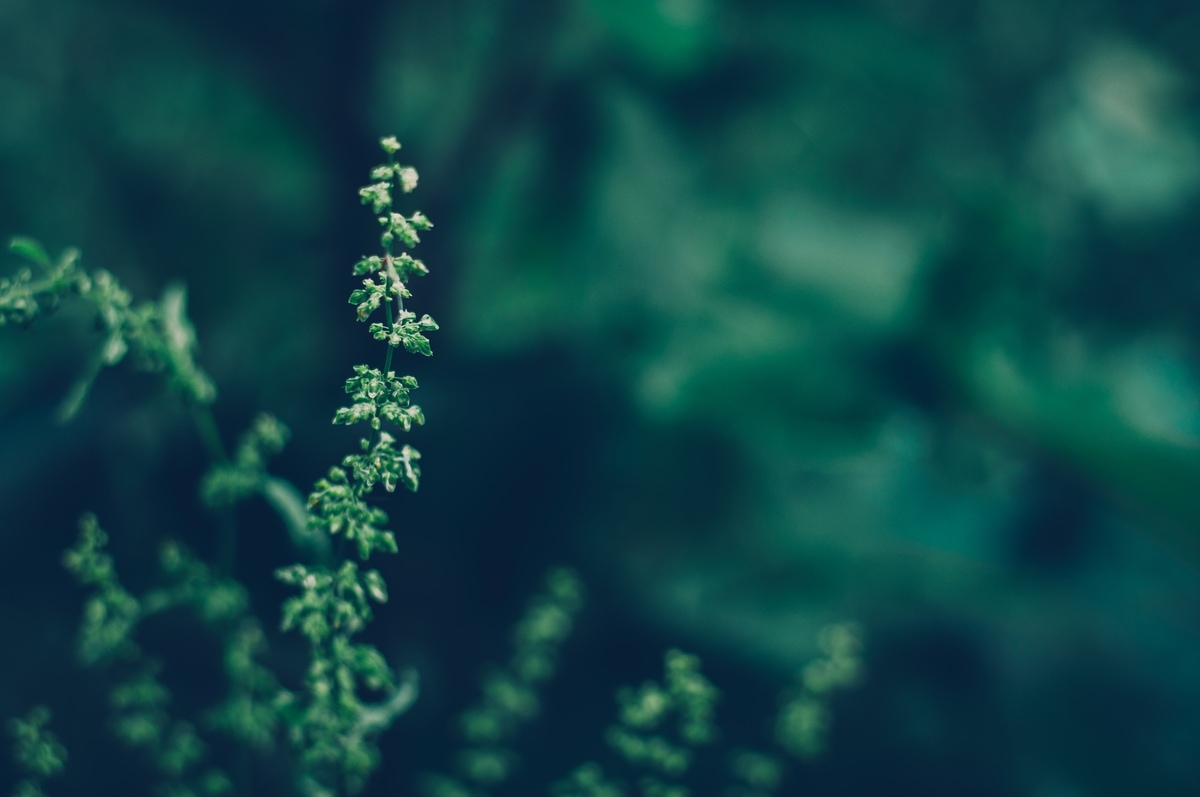
Laverana GmbH & Co. KG reduces its CO2 emissions through its own savings measures and annually calculates the remaining CO2 emissions of the company or its products. These emissions are then offset by purchasing CO2 certificates to support climate protection projects, in order to achieve climate neutrality on balance.
We take the sequence "avoid emissions, calculate, compensate" seriously and reduce CO2 emissions on our own as part of our climate strategy before we then calculate our annual CO2 emissions and finance selected climate protection projects to the extent of the calculated residual emissions.
With the help of energy-saving technologies and optimized processes throughout our entire production chain, we continuously work to reduce our CO2 emissions. For example, our new logistics center in Bantorf was built according to the best possible energy efficiency standards.
Our high standards of quality and sustainability should also be reflected in a low energy demand and pollutant emissions from our company buildings. Through modern techniques such as heat recovery pumps or a twelve-centimeter thick mineral wool insulation on ceilings and exterior walls, we can save a total of 82,000 kg of CO2 per year in this area alone. Finally, our new large photovoltaic system has brought further energy-saving potential.
Additionally, we are working hard to compensate for our CO2 emissions through appropriate measures in our regional production chain. For example, we are reforesting forests in Germany and helping the German forest become more climate-resistant.
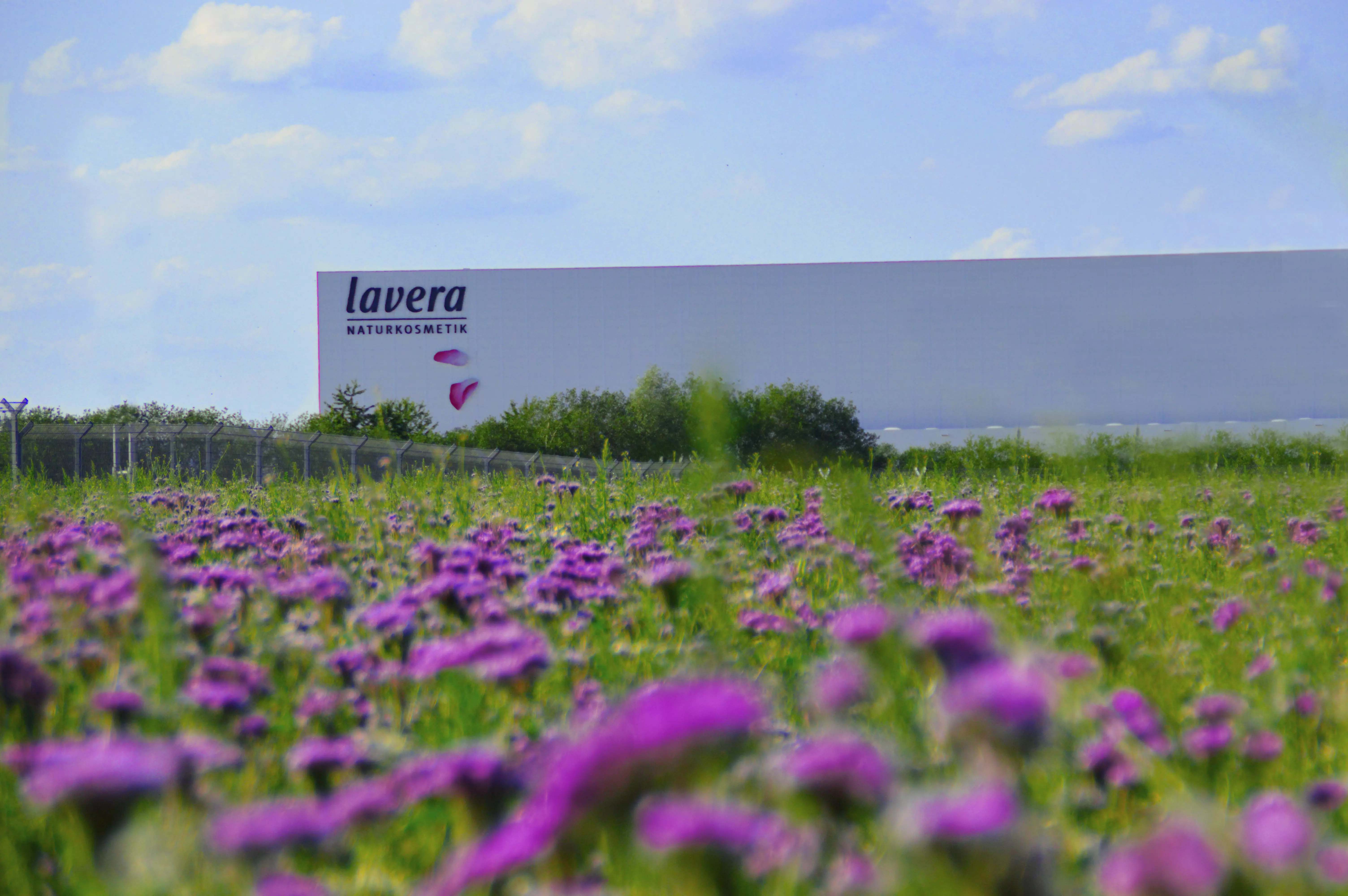
Together with the German Forest Protection Association and Climate Partner, we have also planted the first 30,000 trees on damaged forest areas in the Hanover region. With this, we have reached another milestone on the path to even greater environmental compatibility.
For each fiscal year, we scrutinize our entire value chain and create a climate balance sheet. The climate balance sheets prepared for our company according to the principles of the Greenhouse Gas Protocol are thoroughly examined and confirmed by TÜV Rheinland.
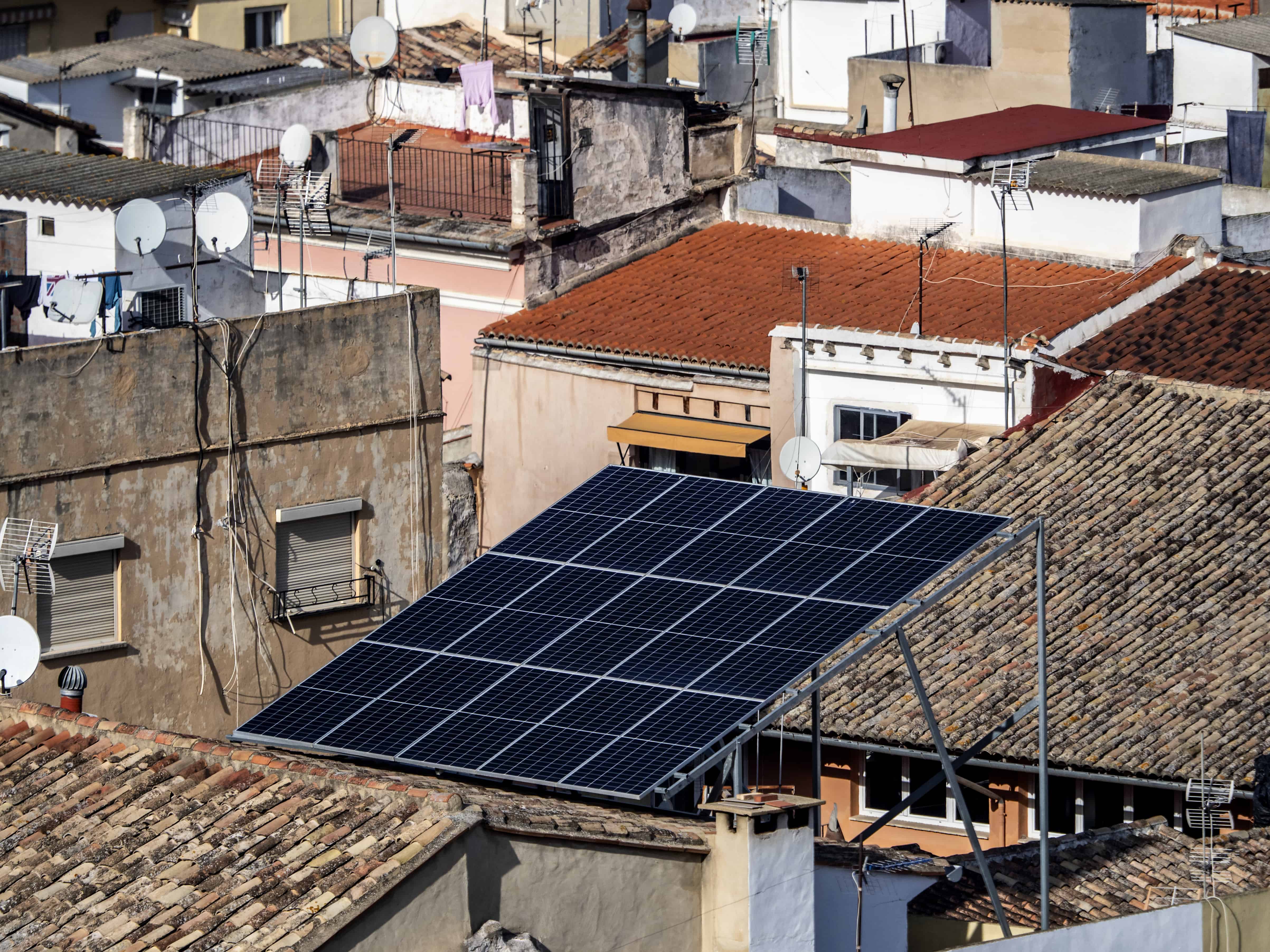
We offset the CO2 emissions of our company by supporting climate protection projects that not only reduce greenhouse gas emissions but are also development projects that promote the aspect of social sustainability. These projects help the local people and are aligned with the official 17 Sustainable Development Goals of the UN (United Nations).
An example of our support is the project in India. There, we provide solar lights, water filters, and efficient cookstoves, contributing to improving the quality of life for the local population while simultaneously reducing environmental impact. These technologies help reduce dependence on traditional and pollutant-rich energy sources and promote a sustainable lifestyle.
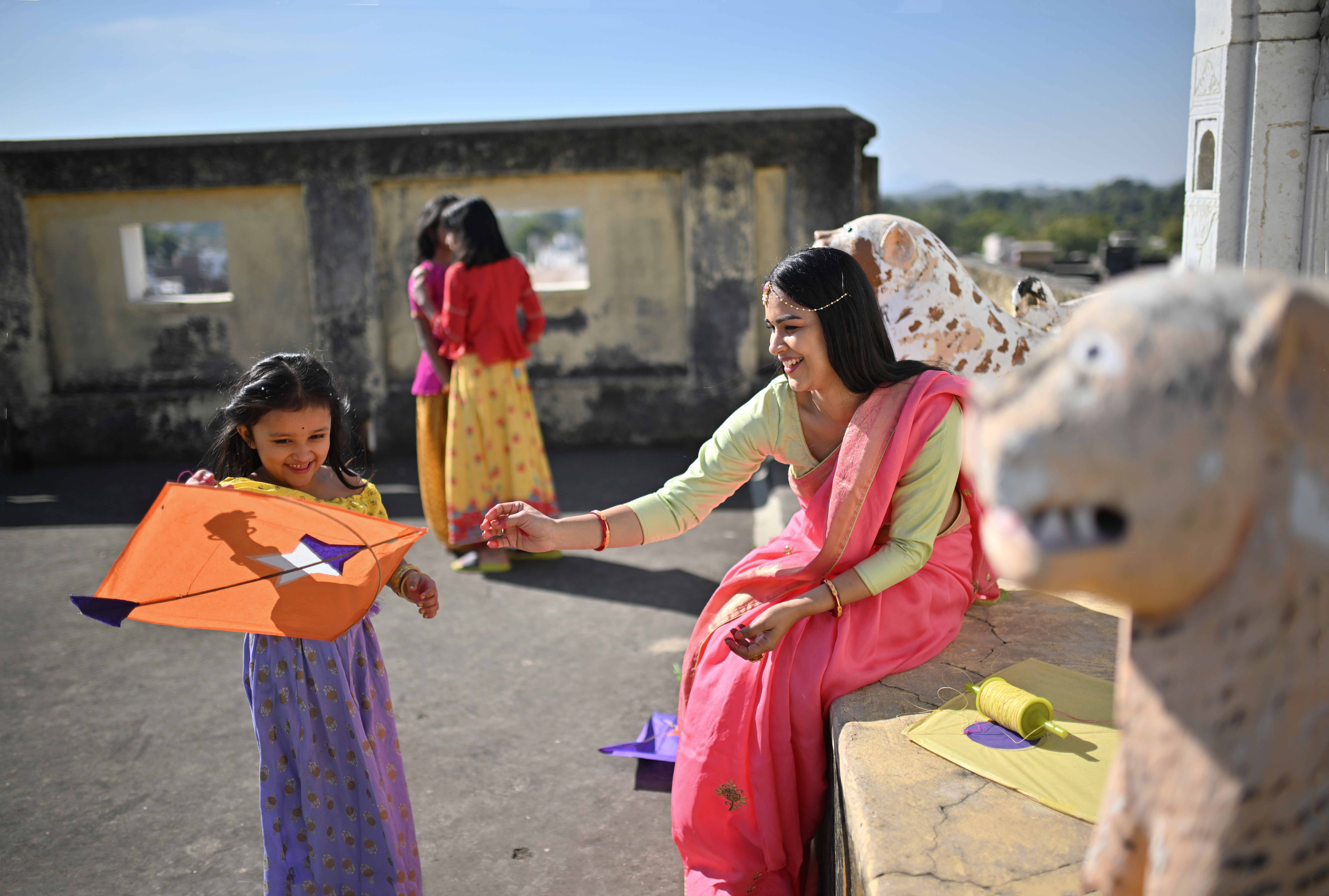
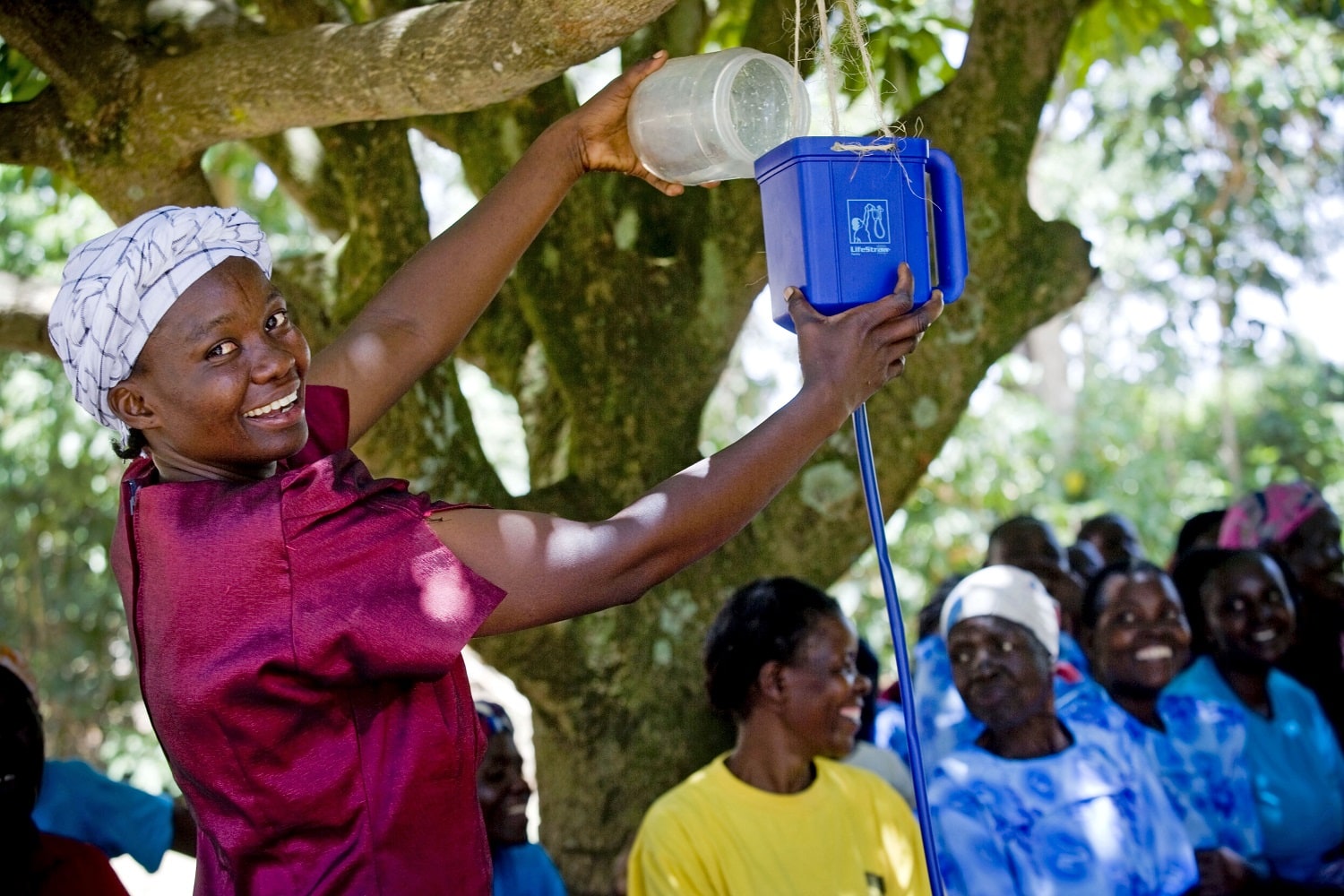
In Kenya, Cambodia, and Malawi, we support projects that provide clean drinking water through the use of water filters. These measures have significantly contributed to reducing disease rates in recent years and have provided millions of liters of clean drinking water. In Malawi, for example, we enable local families to access clean, free drinking water through repaired or new wells. Defective wells are identified, repaired, or maintained, and where necessary, new wells are constructed.
As a family-run, independent SME, we have the freedom to organise our company in ways that best serve our sustainable company objectives. For example, with a closed-loop competence and value chain. The entire research, the entire development, and the entire manufacturing process of our products take place here in the Hanover region. This approach enables us not only to guarantee the highest level of quality but also to plan each individual step in ways even more sustainable than in the past. Since the founding of our company in the year 1987, we have been firmly dedicated to the future of our planet, and we are doing all we can to preserve our unique environment the way we found it, for all generations to come.
